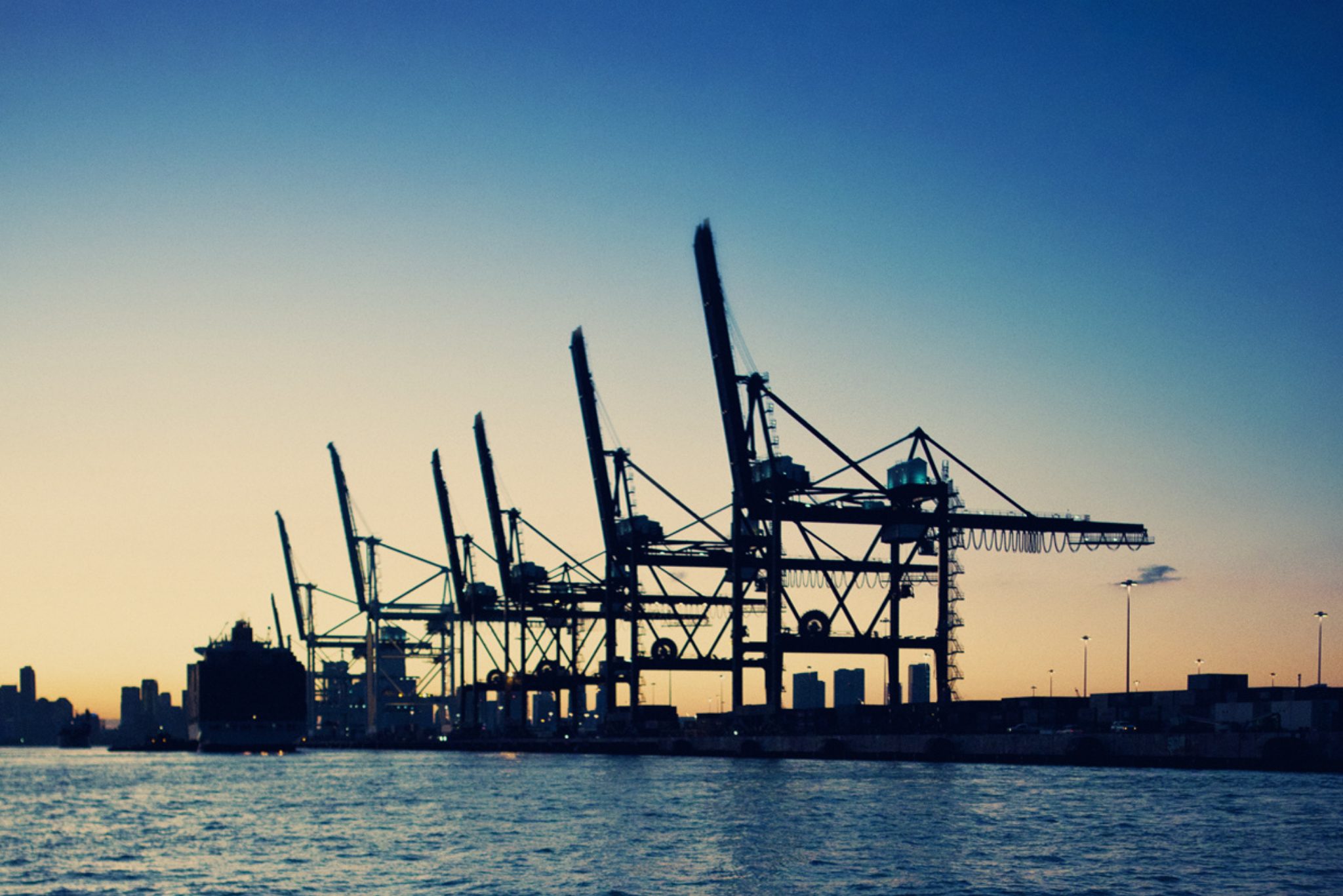The closure of strategic airspaces, customs delays, and rising costs severely disrupted international logistics. This article explores how companies responded and the solutions they adopted to sustain operations.
The US Tariffs and the escalation between Israel and Iran had an immediate impact on international logistics. The temporary closure of airspace over strategic regions such as the United Arab Emirates led to flight cancellations, rerouted shipments, and a sharp reduction in cargo capacity on commercial aircraft. Fears surrounding a potential closure of the Strait of Hormuz or the Red Sea added further uncertainty to an already strained global trade environment.
At the same time, in response to Donald Trump’s tariff policies, many companies—faced with a drastic shift in import cost structures—chose to diversify their supplier base. Customs delays and increased regulatory requirements further complicated this scenario, driving up expenses and compressing profit margins.
The companies that responded most effectively were those able to adjust quickly. “There’s no such thing as a perfect plan, but one approach does help—staying alert and acting fast,” says Carolina Muller, VP of Business Development at Aerodoc.
Dan Zonnenschein, COO at Aerodoc, recalls a recent phone call from a customer: “Dan, what should we do about the new tariffs announced by Trump? Should we speed up the shipment?”. “Adapting to regulatory shifts can be overwhelming,” Zonnenschein acknowledges. “At Aerodoc, we’ve built our strength around being prepared for the unexpected. Whether it’s newly imposed trade rules or sudden shifts in the market, our operational capabilities allow us to respond quickly and with precision.”
In response to this volatile environment, Aerodoc implemented logistics alternatives that helped customers avoid large-scale decisions such as relocating manufacturing facilities or completely overhauling supply chains. Among the most commonly adopted solutions were the Buy-Sell service model, bonded warehouses, and free trade zones.
Buy-Sell Service
Through the Buy-Sell service, Aerodoc operates as the Importer and Exporter of Record (IOR/EOR), acting as an intermediary between the manufacturer and the end customer. This approach allows international transactions to proceed without the selling company needing a legal entity in the destination country.

Germán Muller, CEO of Aerodoc, explains: “The key advantage of our Buy-Sell service is that manufacturers or distributors can deliver their products locally without establishing a legal presence in the customer’s country. We manage the importation, local delivery, invoicing in local currency—including logistics services and applicable taxes—and then transfer the FOB value of the goods back to the manufacturer or distributor.”
This service encompasses global transportation management, customs clearance, domestic distribution, and invoicing in local currency, while also covering the payment of duties and taxes. For the supplier, it effectively mirrors the simplicity and structure of a domestic sale.
Bonded Warehouses
Bonded warehouses allow imported goods to be stored without immediate payment of duties and taxes. As long as the products remain within these facilities, they are not officially considered part of the local market. Payment is only required at the time of withdrawal for domestic consumption.
This framework provides flexibility to bring in large volumes of goods and gradually nationalize them based on demand. If part of the inventory is re-exported or returned to the supplier, no tax liabilities are incurred.
Free Trade Zones
Free trade zones operate under a special customs framework that allows goods to enter, undergo transformation, and be re-exported with tax exemptions and simplified customs procedures. Unlike bonded warehouses, these zones permit both industrial and logistics operations within their premises.

Key advantages include exemption from duties on inputs that will be re-exported as finished goods, as well as relief from VAT, income tax, and import taxes. Additionally, they provide favorable conditions for establishing regional logistics hubs or assembly plants.
Aerodoc’s Role Amid Uncertainty
Estefania Sisatzky, EVP of OPS & Customer Experience at Aerodoc, explains: “We operate in a VUCA world—volatile, uncertain, complex, and ambiguous. This isn’t just a buzzword; it reflects the day-to-day reality companies face when navigating international operations. The current trade war between major economies is yet another reminder of how unpredictable the global environment can be. Regulations shift rapidly, geopolitical tensions intensify, and economic conditions remain far from stable.”
“In this scenario,” she continues, “companies need logistics partners who neither freeze nor panic. At Aerodoc, we’ve embraced that responsibility with confidence and resolve. Much of that capability is rooted in our own origin story.”
US Tariffs and the Middle East conflict underscored the need to approach international logistics with a stronger focus on foresight and adaptability. Strategies that emphasize operational flexibility, risk diversification, and the use of decentralized infrastructure have become vital to sustaining business continuity in a global trade environment increasingly shaped by external pressures.
To learn more about our services, contact our team.
Q&A
- How do US Tariffs and the Middle East conflict impact key international logistics routes? Geopolitical tensions during Liberation Day often lead to airspace closures and maritime disruptions, such as restricted access to the Strait of Hormuz, significantly affecting global trade lanes and increasing transportation costs.
- Which industries are most vulnerable to logistics disruptions triggered by US Tariffs and Middle East conflicts? Sectors like technology, automotive, and pharmaceuticals face heightened risk due to their reliance on just-in-time supply chains, where any delay can severely impact production timelines and inventory levels.
- What mitigation strategies can companies implement amid geopolitical volatility in the Middle East? Comanies can enhance resilience by leveraging decentralized infrastructure, operating within free trade zones, and utilizing Importer/Exporter of Record (IOR/EOR) services to maintain continuity during regional instability.
- What is the commercial impact of UAE airspace closures during US Tariffs on global trade? Airspace restrictions result in widespread flight cancellations and rerouting, leading to diminished cargo capacity on critical Asia-Europe-Americas corridors and causing shipment delays and higher freight expenses.




